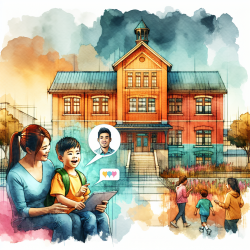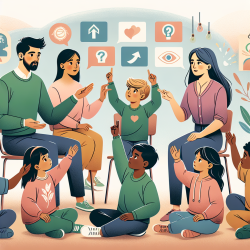Introduction
The COVID-19 pandemic has disrupted many aspects of life, but its impact on the sexual and reproductive health (SRH) of adolescents in Alberta, Canada, is particularly noteworthy. A recent study titled "Impact of the COVID-19 pandemic on the sexual and reproductive health of adolescents in Alberta, Canada" sheds light on the challenges and opportunities faced by adolescents during this unprecedented time.
Key Findings
The study, conducted by Meherali et al., utilized qualitative interviews with adolescents and service providers to explore the pandemic's impact on SRH. Three major themes emerged:
- COVID-19 SRH Experience: Adolescents experienced both positive and negative changes in accessing SRH services. The shift to online consultations was met with mixed feelings, with some appreciating the convenience and others feeling uncomfortable with virtual settings.
- Barriers to SRH: The pandemic introduced numerous barriers, including reduced SRH education due to school closures, limited store hours affecting access to contraceptives, and a lack of social support due to social distancing measures.
- Adolescent SRH Strategies: Participants highlighted the potential of digital strategies, such as mobile applications, to improve access to SRH resources. However, concerns about privacy and misinformation were also noted.
Implications for Practitioners
For practitioners, these findings underscore the importance of adapting SRH services to meet the needs of adolescents during disruptive events. Here are some strategies to consider:
- Enhance Digital Platforms: Develop user-friendly mobile applications and websites that provide reliable SRH information and resources. Ensure these platforms are accessible, private, and easy to navigate.
- Improve Telemedicine Services: Address the discomfort some adolescents feel with virtual consultations by providing training for healthcare providers on how to create a comfortable and confidential virtual environment.
- Maintain SRH Education: Collaborate with educational institutions to ensure SRH education remains a priority, even during school closures. Utilize online platforms to deliver comprehensive SRH education.
- Strengthen Support Networks: Encourage the development of online forums and support groups where adolescents can discuss SRH issues anonymously and receive support from peers and professionals.
Conclusion
The COVID-19 pandemic has highlighted the need for flexible and resilient SRH services that can adapt to the challenges posed by public health crises. By implementing the strategies outlined above, practitioners can better support adolescents in maintaining their SRH and well-being.
To read the original research paper, please follow this link: Impact of the COVID-19 pandemic on the sexual and reproductive health of adolescents in Alberta, Canada.










